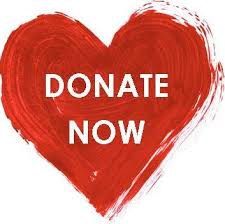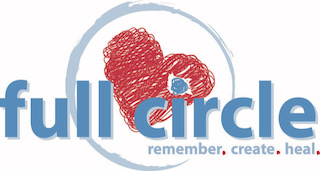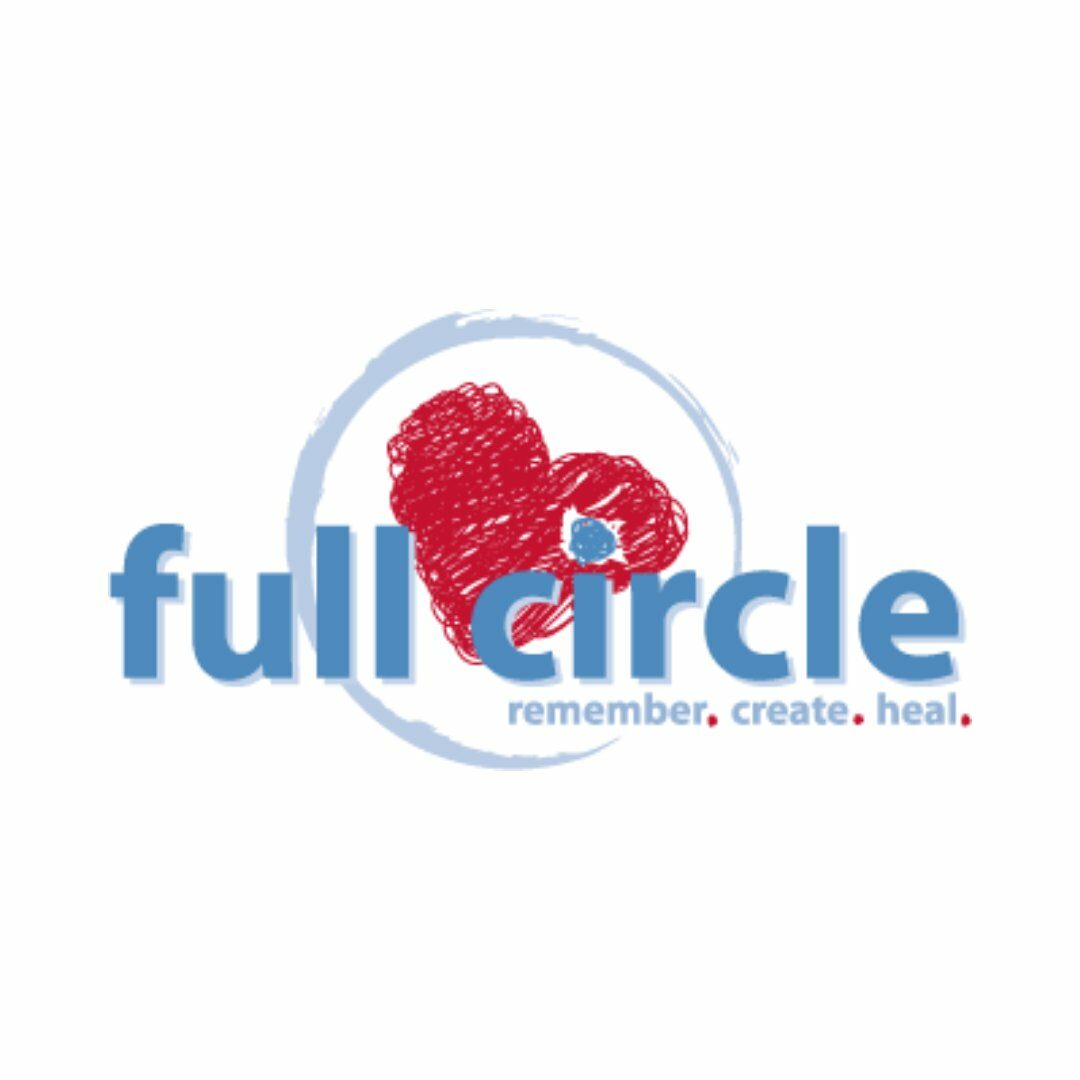By Rachel Melhorn, LCSW, Family Bereavement Services Manager
In supporting LGBTQ+ youth through grief and loss, it is important to remember the unique experience of these individuals. While it is not unusual for all youth who have experienced a loss to feel alone, a lack of resources and/or support for LGBTQ+ youth can lead to further feelings of isolation, which can make healthy grieving difficult.

In acknowledging the experience of LGBTQ+ youth, it is important to also understand this population’s vulnerability to depression, social isolation, as well as the experience of multiple losses. Suicide is the second leading cause of death for youth ages 10 – 20; however, youth who identify as lesbian, gay or bi-sexual are five times as likely to attempt suicide than their heterosexual peers. Additionally, LGBTQ+ youth experience a disproportionate amount of discrimination, hate crimes, and violence. Events such as the PULSE massacre, also lead youth to experience a greater level of death as a community and therefore a disproportionate amount of community level bereavement.
The LGBT community faces other unique losses such as the possible rejection of family and friends when coming out which can lead to further feelings of isolation. Acknowledging these factors when supporting LGBTQ+ individuals through grief and loss is essential.
The following tips may be helpful in supporting LGBTQ+ youth who have experienced a loss:
Create a safe, affirming relationship
Creating a sense of community through grief can be a powerful tool for healing. LGBTQ+ youth have often been in situations, sometimes even within their own family of origin, where they feel unsafe or rejected. Cultivating a safe, affirming relationship is imperative to supporting LGBTQ+ youth who are grieving.
Be in Listening
Many times LGBTQ+ youth and other marginalized populations are forced to remain silent about their experiences. Creating a place where individuals can be listened to and heard is essential to supporting their resilience. View yourself as a learner; remember that LGBTQ+ youth are the experts on their own experience.
Acknowledge the Experience of LGBTQ+ Youth
Recognize that LGTQ+ individuals have faced a history of institutional discrimination and social stigma, which impacts not only their experience of grief, but the ability to develop healthy coping. Acknowleding and attending to the range of challenges that LGBTQ face while grieving will be an important way to support their healing.
Recognize Community-Level Bereavement
Oftentimes when youth experience community level bereavement, or loss that occurs within the LGBTQ+ community, it may be invalidated by others as it wasn’t “personal” to the youth. However, compounded losses due to things such as hate crimes experienced within the LGBTQ+ community create a ripple effect which impacts grieving. Acknowledging the impact of these losses when supporting LGBTQ+ individuals who are grieving is important.
The emotions and experiences young people face throughout their grief journey can vary drastically; however, what every individual who experiences loss needs is a space to feel understood, accepted, and supported.
Here is a list of helpful resources that support LGBTQ+ youth and their families:
A non-profit organization focused on suicide prevention efforts among lesbian, gay, bisexual, transgender, queer and questioning youth. Check out their Guide to Being an Ally to Transgender and Nonbinary Youth.
A local nonprofit that provides programming and support groups to LGBTQ+ youth as well as services to support parents and caregivers.
Parents and Friends of Lesbians and Gays (PFLAG) is a national support, education and advocacy organization for lesbian, gay, bisexual and transgender (LGBT) individuals, along with their families, friends and allies.
He She Ze and We is an organization dedicated to supporting families with transgender loved ones. He She Ze and We offers support meetings for parents, caregivers and adult family members of transgender and gender-diverse individuals of all ages.



